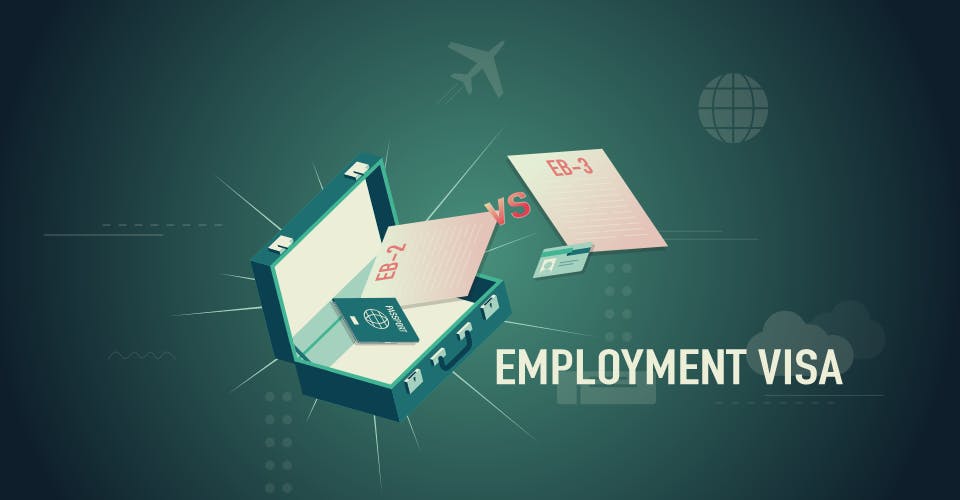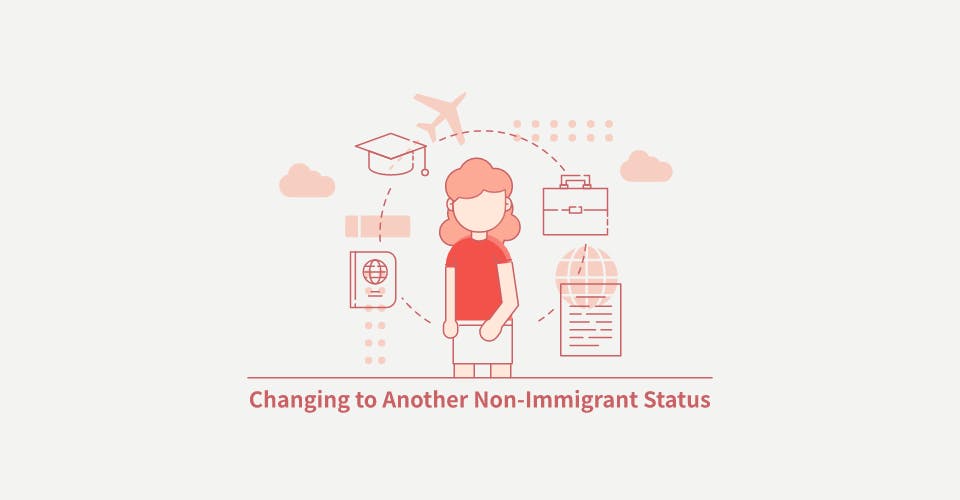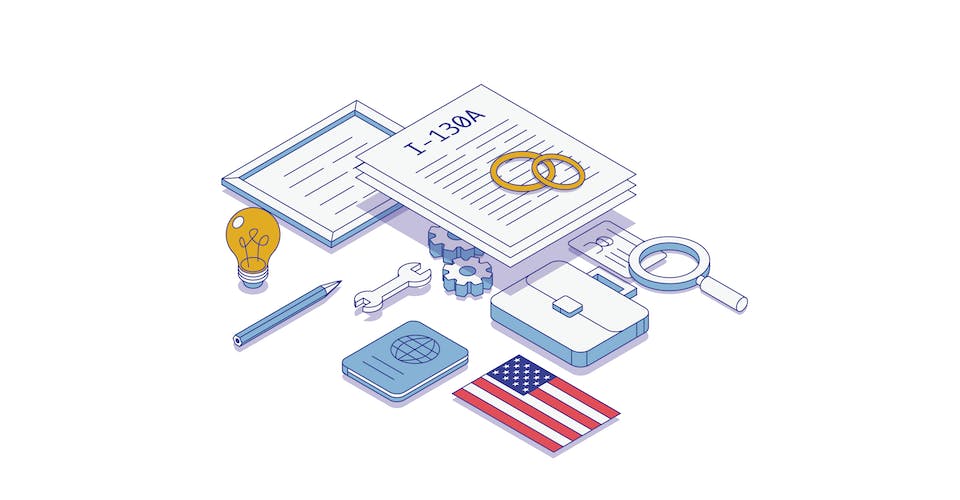While the EB-2 is an employment based visa for advanced professionals with a Masters degree and additional job experience, there is also the option of applying in the EB-3 category, which is for both skilled and unskilled workers and is considered third preference. This blog will be dedicated to comparing the two visa types, and looking at some of the advantages and disadvantages of both the EB-2 and EB-3 employment visas.
EB-3 Advantages and Disadvantages
First off, not everyone who wants to file for an employment based visa in the United States will be able to fit into the EB-2 category. This is because Masters degrees are first off expensive, and secondly some foreign nationals might not have a Masters program available to them in their home country, or are unable to live abroad in the pursuit of one. This means that a Bachelors degree is the next best thing, for the time being, and thus the applicants highest degree of attainment.
There is nothing wrong with only having a Bachelors degree, but statistically speaking, you will be competing with more candidates who also have Bachelors degrees for most jobs, so this should be considered in terms of being able to find an employer who is willing to sponsor you.
Secondly, while you need less full-time experience in order to be eligible for the EB-3 employment visa, the processing and wait times associated with this visa are very long. According to some immigration experts, you could be expecting to wait up to 3 years longer in order to have a priority date in the EB-3 category vs. the EB-2 category. The flipside is that it can take years to finish a Masters program, so perhaps some applicants will see the benefit of applying as an EB-3 candidate while they are still young and seeking immigration benefits sooner rather than later.
In addition, the EB-3 requirements are less stringent and the filing procedure isn’t as stressful. For example, if you are applying as a professional in this category, you generally only need 0-2 years of experience in your field, whereas an EB-2 candidate needs a Masters degree or the equivalent of 5 years of experience. In order to successfully file in either category, you need evidence of the jobs you have worked at, recommendations from past employers, and other essential supporting documents. Otherwise you’ll likely be issued an RFE from the USCIS.
Both the EB-2 and the Eb-3 require an employer to offer the candidate a formal job offer given there are no other suitable U.S. based employees for the same job. Both visa types require DOL certification and for the employer to successfully petition on behalf of the principal applicant via the I-140.
Unskilled Workers
Another disadvantage to the EB-3 visa is that if you are applying in the unskilled labor category (which is also part of EB-3) you are not supposed to be hired on the basis of temporary or seasonal work. This goes against immigration law. However, many employers can get around this technicality by laying off their visa holding employees seasonally or hiring an employee on a contract basis. Applicants should be aware of this issue if they are an unskilled worker as it essentially worker exploitation.
Opinion: Opting for an H1-B
Overall, because the EB-2 and EB-3 visas are immigrant visas, they are a path to a green card and legal permanent residence status in the United States. This is in part why the green card backlog is so long in these categories. One way around this issue is for EB-2 eligible applicants to recognize that they might be able to file for an H1-B visa if they are working in a specialty occupation. Some examples of specialty occupations include: IT, engineering, medicine, math, and law.
This could also be the draw for an EB-3 eligible candidate who is a skilled worker with a Bachelors degree. Thus one more advantage to holding a Bachelors degree is that you might even be eligible for an H1-B. If this is the case, you could significantly lower your processing time. The difficulty with the H1-B visa, however, is that you are in non-immigrant status, which means that you cannot file an I-485 application under this status.














